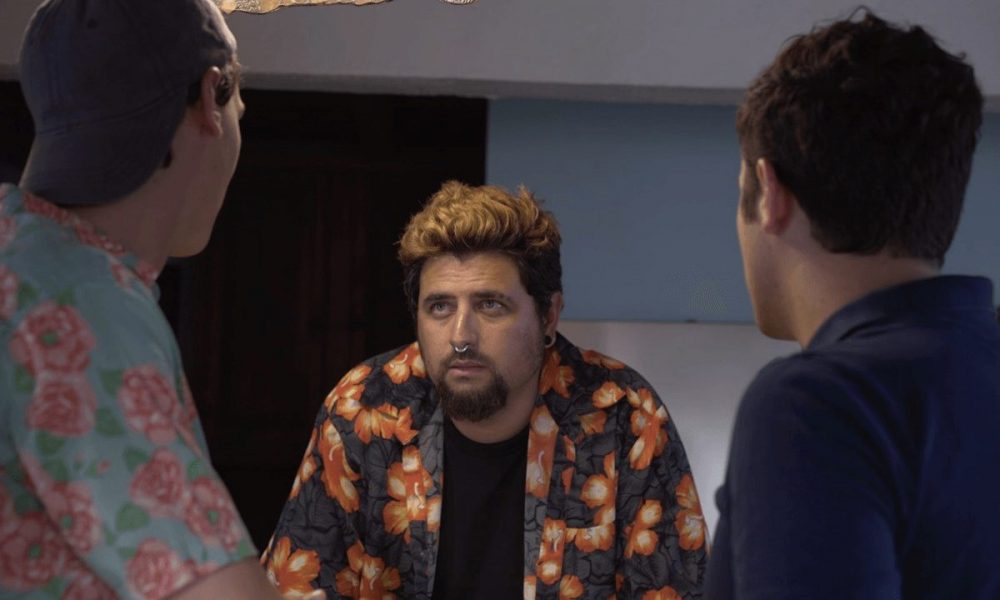

Today we’d like to introduce you to Andrés Taboada
Hi Andrés, we’re thrilled to have a chance to learn your story today. So, before we get into specifics, maybe you can briefly walk us through how you got to where you are today.
I’m originally from Perú. My mom was an interpretive dancer and actress and even appeared on TV a couple of times, but she gave it all up when she had us kids. She always tried to encourage us to explore our artistic side. She would put us in music classes and fashion shows and took us out on commercial auditions. I was a very shy kid back then and wouldn’t do well in them, but somehow booked a commercial for these toy cars when I was seven. It was an awful experience. I kept getting the take wrong, and the director started yelling at me. I’ve never been able to find the video, but you can see I’m the only kid not smiling in it. I remember thinking back then that the arts were just not for me, so I never pursued them again growing up.
I stayed in Perú until I was 16. My father had accumulated a bunch of debt in a string of business endeavors, so the bank took everything: the house, the cars. My family decided to move to the States, but right at that time, I was offered a scholarship to transfer to a boarding school in Germany, so we went our separate ways and didn’t reunite until I moved back in with them in Huntington Beach, CA., in 2001. I was a pre-med major in college, getting a bachelor’s in biology. After college, I worked at an infectious disease’s lab for a year, then taught abroad in India and Thailand before moving to Miami to get a Master’s in international education. I’ve always said that college has mainly helped me figure out what I don’t want to do for a living. While in grad school, hating all the classes I was taking as part of I degree I realized I didn’t even want, I signed up for my very first open mic at the now-defunct Catskills Comedy Club. I was terrified but got a few laughs, and that was it. I had found “my thing.”
After grad school, I kept working different jobs while pursuing everything I realized I had always wanted to do but never dared to. I attended the UCLA Summer Film Institute and met some of the people with whom I collaborate to this day. I went back to Miami and made a web series with other South Florida comedians, for which we won an award at a local Webfest. After that, I moved to LA to continue on with standup and film.
When I found I was going to be a dad, I decided to switch my focus away from standup to make my first feature film, “Alta California.” I thought it was either now or never, and making a movie had been a lifelong dream. I began writing the script on January 1st, 2018, shot the movie that same August in only two weeks, but had it in postproduction for the next five years. My mom and I act in it, along with a bunch of local standup comedians and people I met in acting and film classes. Shoutout to my DP, Joe Turman, for flying in from Miami to shoot it.
We finally finished the movie, and we are currently at the tail end of our festival run. We have been fortunate enough to travel the country and win some awards along the way, including best Directorial Debut at the Fort Lauderdale International Film Festival. We recently found out that our movie got into a big festival, and our litte movie will be playing at a pretty iconic venue in LA at the end of June. I’m still trying to wrap my head around that.
I’m sure it wasn’t obstacle-free, but would you say the journey has been fairly smooth so far?
Smooth as butter. Kidding, it’s been lumpy for sure. I guess I should answer by first admitting that, all things considered, I had a very privileged upbringing growing up in Perú. I went to private school and received a great education. We lived in a nice, comfortable home and spent summers at the beach.
When I moved to the States, it was under the understanding that we would be sponsored in order to receive a green card, but two months after I moved here, September 11th happened, and our paperwork was never processed. We all became undocumented immigrants overnight. Those were definitely some tough six years, but we got through it.
It was an emotional breakdown that led me to pursue standup comedy while I was in grad school. After said breakdown, I went to the university psychologist and took this two-hour-long vocational test, answering as honestly as I could. There it was, as my top career option: actor. To be fair, the second career option was martial artist, something I have yet to properly explore.
Making this movie also had its fair share of obstacles. We shot a good chunk of the movie in Baja, México. We had permits but got a little too comfortable, and on the second-to-last day of filming, our production was held at gunpoint. It turned out to be a prank by one of the locals (hilarious!). That same day, our car almost broke down in the middle of the desert during an unexpected flash flood. A week after returning home from Mexico, my son was born, and I didn’t touch the footage for six months. I struggled with anxiety and depression for several years while working on the movie. There were a lot of false starts, postproduction staff that either wouldn’t work out or said would help us out, get the footage, keep it for months, and never even look at it. It was an incredibly frustrating experience. Luckily, and I have to thank my producers, Patricio Amerena and Israel Vasquez, and our rockstar editor, Javier Colón Ríos, for that, like with everything else, including a divorce during a global pandemic, we got through it.
Thanks for sharing that. So, maybe next you can tell us a bit more about your work?
I believe that as an artist trying to make it in LA, it’s important to be fully transparent. I still have a “day job” because filmmaking doesn’t pay the bills (yet), and I have a son, and rent is due on the 1st of the month. I still work in the field of education, which I enjoy. I’m known to my student employees as a pretty laid-back supervisor who helps them out and makes them laugh sometimes. My five-year-old son knows me as “Papa,” and when I told him I had finally finished my movie, he walked away and asked me if he could watch TV. He tells his friends I’m an actor.
I’m most proud of putting in the work to provide my son with the emotional stability I didn’t have growing up. I’m proud of having stuck with this huge project and semi-delusional dream to make a feature film with no money. One of my film-school teachers laughed at me when I told him I wanted to shoot a no-budget feature, but I did it anyway, with not much experience and even fewer resources. For movies made with this small of a budget, there are two very likely outcomes: they either never get completed, or the filmmakers and audiences are dissatisfied with the final product. A budget that small makes the task of making a feature film rather insurmountable, yet somehow, after five very long years, we stuck with it, and we got it done. I felt like calling it quits so many times, but after all the obstacles and countless festival rejections, we never gave up and got it done.
Networking and finding a mentor can have such a positive impact on one’s life and career. Any advice?
I’m going to steal a line from Issa Rae. Rather than “network up,” you should “network across.” The people ahead of you don’t have much to gain from helping you out, and once they “made it,” the line of hopefuls asking them for help has only been getting longer. Who knows when or if they will ever get to you? By networking across, you find your peers, who are just as hungry as you are, and you can lift each other up as you all put in the work to get where you want to be. I met my team of producers that way, Patricio Amerena, at an open mic in Burbank, Israel Vasquez, and Aziz Twaijiri at UCLA before any of us had made anything. Patricio is now the founder of Coach Studios in Mexico City; Israel has worked on numerous big studio movies and TV shows, and Aziz has produced films that have played at Academy Award-qualifying festivals around the world.
When it comes to mentorship, that film teacher who laughed at me when I told him I wanted to make a movie did give me some good pointers on what equipment to buy. So, if I have any advice to give when it comes to mentorship, I have to choose my mentors wisely and choose the advice I ask from them just as carefully. You don’t have to know your mentors. There is an infinite number of interviews online with filmmakers explaining how they went about making their first features, and I devoured that material. If someone hasn’t done what you’re trying to do, maybe they’re not the best source of information in some areas, but if you find their expertise helpful in other aspects, ask for specific advice rather than share your big dreams with them (i.e., “What is a good shotgun microphone under $100?” instead of “Should I make this movie?”).
Contact Info:
- Website: https://altamovie.com
- Instagram: https://instagram.com/altamovie
- Facebook: https://facebook.com/altacaliforniamovie
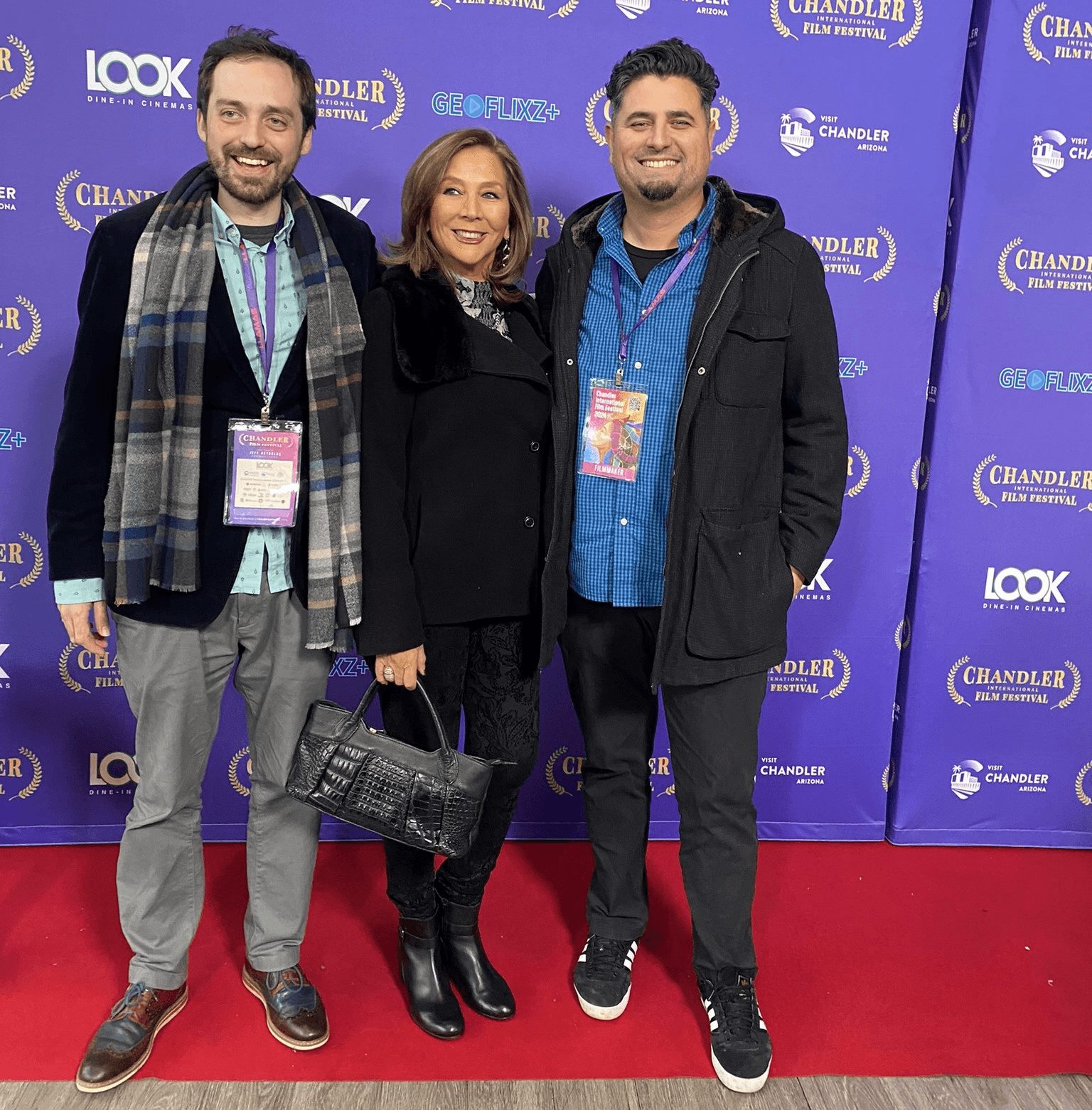
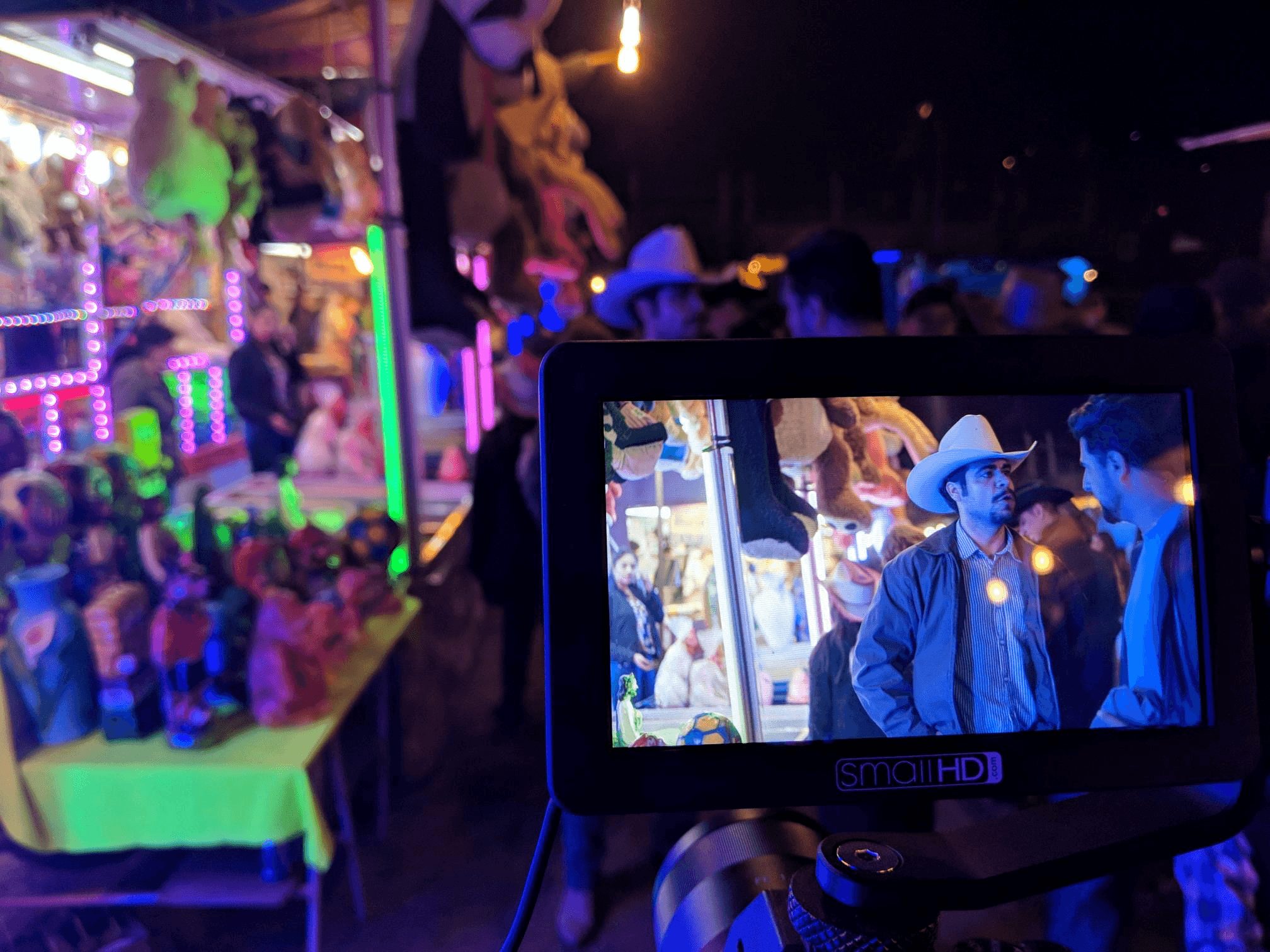
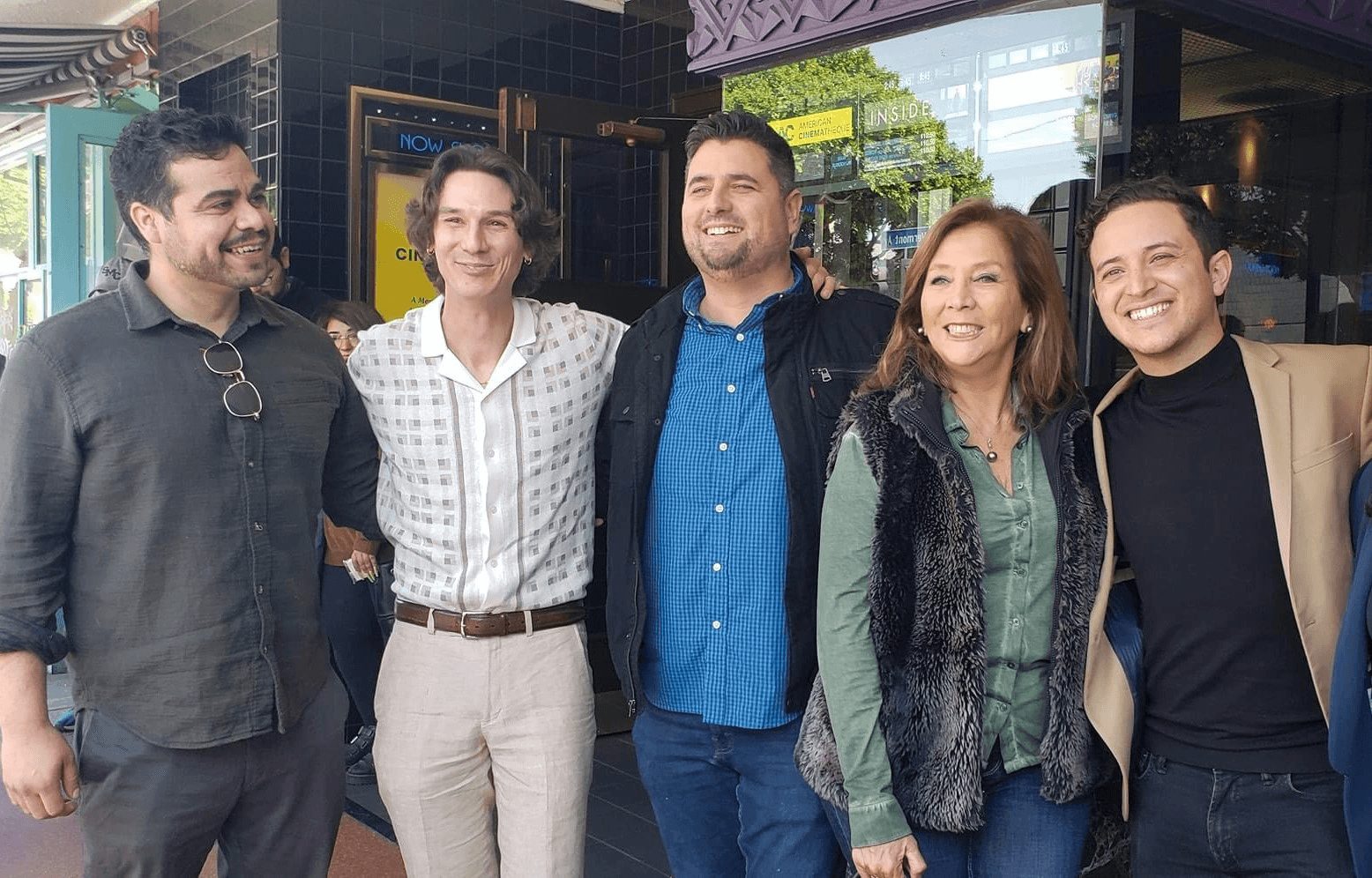
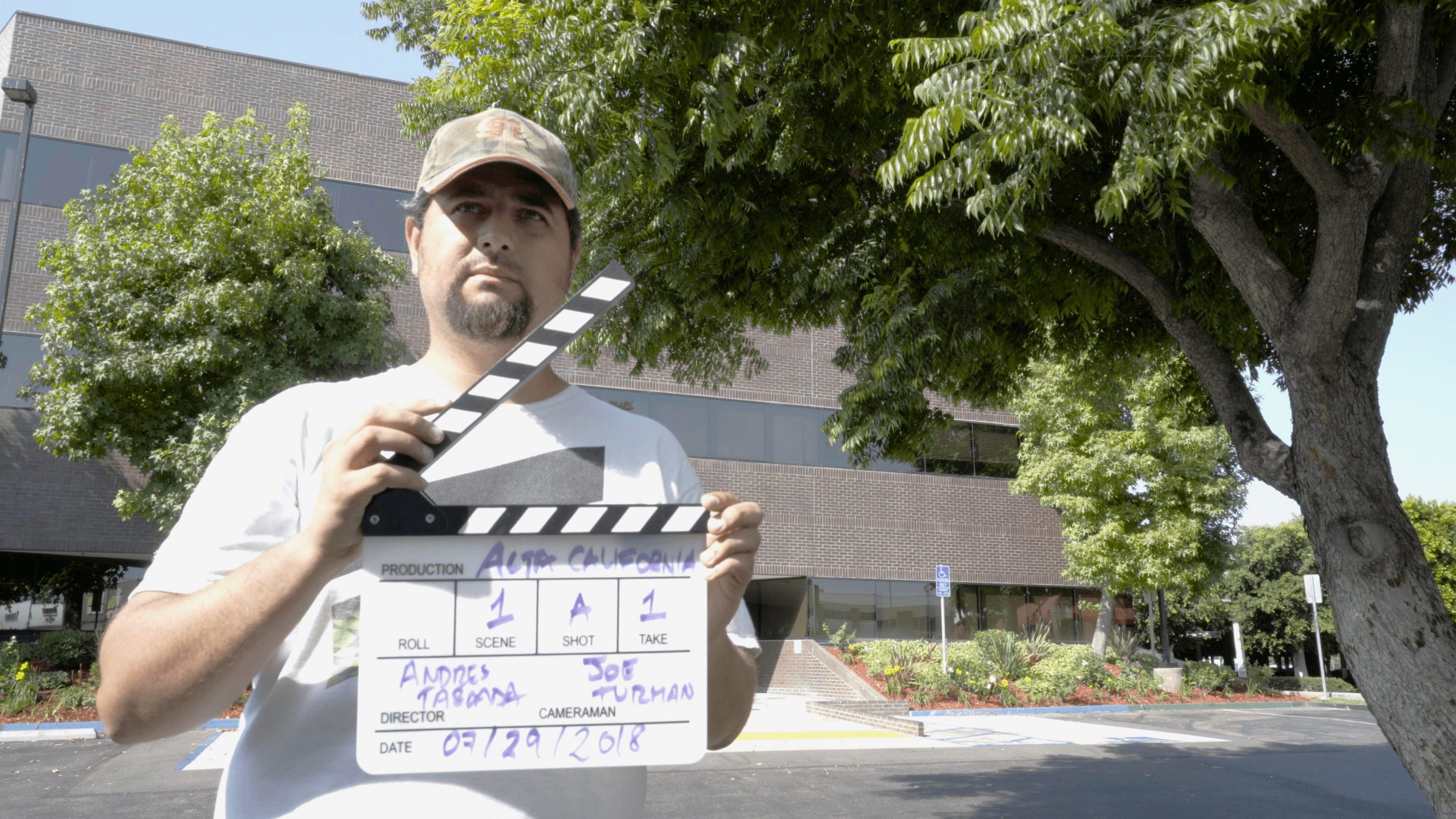
Image Credits
Joe Turman














